Planetary Science
-
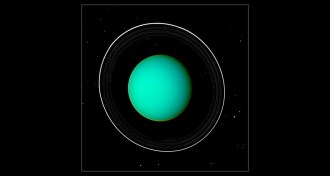 Planetary Science
Planetary ScienceMoons of Uranus face future collision
By studying variations in the rings of Uranus, researchers have determined the mass and density of the planet’s moon Cressida.
-
 Planetary Science
Planetary ScienceRings of Uranus reveal secrets of the planet’s moon Cressida
By studying variations in the rings of Uranus, researchers have determined the mass and density of the planet’s moon Cressida.
-
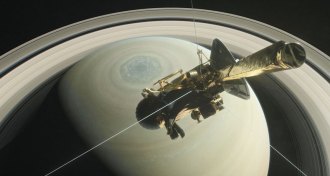 Planetary Science
Planetary Science‘Death Dive to Saturn’ celebrates the Cassini probe’s accomplishments
A new documentary, “Death Dive to Saturn,” takes a look back at the Cassini spacecraft’s 13 years at Saturn and what to expect from its final days.
-
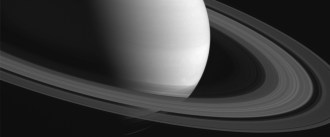 Astronomy
AstronomyAs Cassini’s tour of Saturn draws to a close, a look back at postcards from the probe
As Cassini prepares to plunge to its death, we celebrate the spacecraft's discoveries and breathtaking images of Saturn, its rings and moons.
-
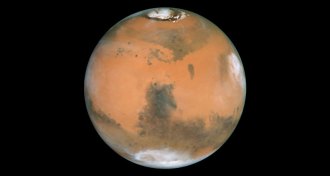 Planetary Science
Planetary ScienceMars has nighttime snow storms
When clouds of water-ice particles cool at night, snow starts to fall rapidly on Mars, simulations suggest. The squalls could explain observations made by the Phoenix lander in 2008.
-
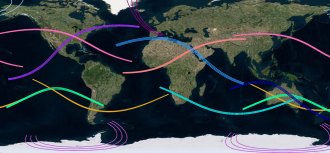 Astronomy
AstronomyHere are the paths of the next 15 total solar eclipses
From 2017 to 2040, there will be 15 total solar eclipses. Here's a map of where to see them.
-
 Astronomy
AstronomyWhat can we learn about Mercury’s surface during the eclipse?
Instruments aboard twin research jets will take advantage of the total solar eclipse to make the first thermal map of Mercury.
-
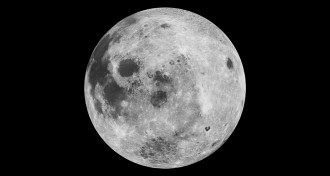 Planetary Science
Planetary ScienceMoon had a magnetic field for at least a billion years longer than thought
The moon’s magnetic field could have lasted until about a billion years ago.
-
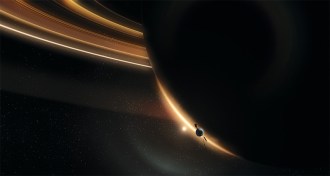 Astronomy
AstronomyNostalgic Voyager documentary relives first exploration of the solar system
A new TV documentary is a tender tribute to Voyagers 1 and 2, which launched 40 years ago and were the first spacecraft to visit the outer solar system.
-
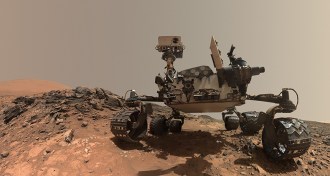 Planetary Science
Planetary ScienceWhat Curiosity has yet to tell us about Mars
Curiosity has revealed a lot about Mars in the last five years. But NASA’s rover still has work to do on the Red Planet.
-
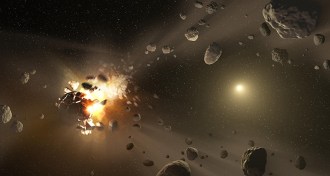 Astronomy
AstronomyThe solar system’s earliest asteroids may have all been massive
A team of astronomers says the original asteroids all came in one size: extra large.
-
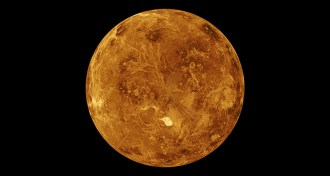 Planetary Science
Planetary ScienceEvidence mounts for an ocean on early Venus
Not long after its birth, Venus may have rocked a water ocean, new simulations suggest.